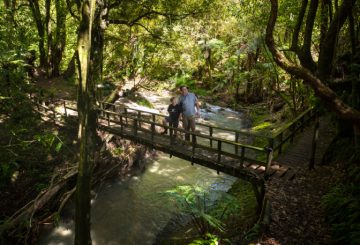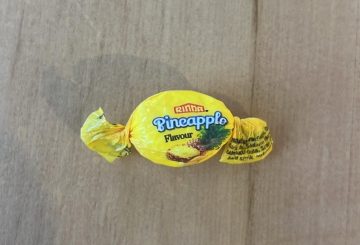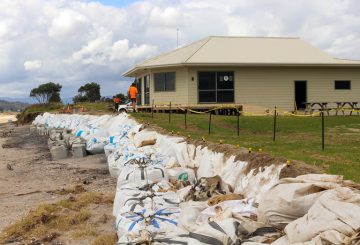The Jobs for Nature funding program, which was set up in 2021 to create jobs and improve biodiversity during the Covid-19 economic downturn, is nearing its end. The $1.2 billion program, managed by various government agencies, has not been renewed by the coalition government, leaving many projects and jobs in uncertainty as they seek alternative funding.
One of the beneficiaries of the program was Vyona Broughton, a former chef who became a project leader for the Hem of Remutaka project. The project, which received $1.56 million from the Department of Conservation (DOC), aimed to restore over 4000 hectares of coastal land by trapping pests and planting riverbanks, grassy paddocks, and wetlands. The project has seen success, with a decrease in stoats, an increase in native lizards, and the planting of 50,000 native plants.
However, the future of the project is now uncertain. Broughton warns that if trapping and weed control stop, the new saplings will be choked by grass, and rodents and mustelids will destroy years of work. The project has secured an extra three months of work through additional contracts, but nothing is guaranteed beyond that. Conservation jobs are scarce in Wellington, and many people are scrambling for any role in conservation.
The DOC stated that projects were informed from the start that their funding would be time-limited. It has funded 225 projects totaling $445m, with all funding set to be completed by the end of June 2026. Discussions are ongoing about how to ensure the work continues, but if no solution is found, those employed by the project could face job losses.
Kirihi Nohotima-Hunia, a worker on the project, expressed disappointment at the funding ending and hopes a way to continue the work can be found. For now, the project needs to find new ways of funding beyond September, but there are still trees to be planted.





























































